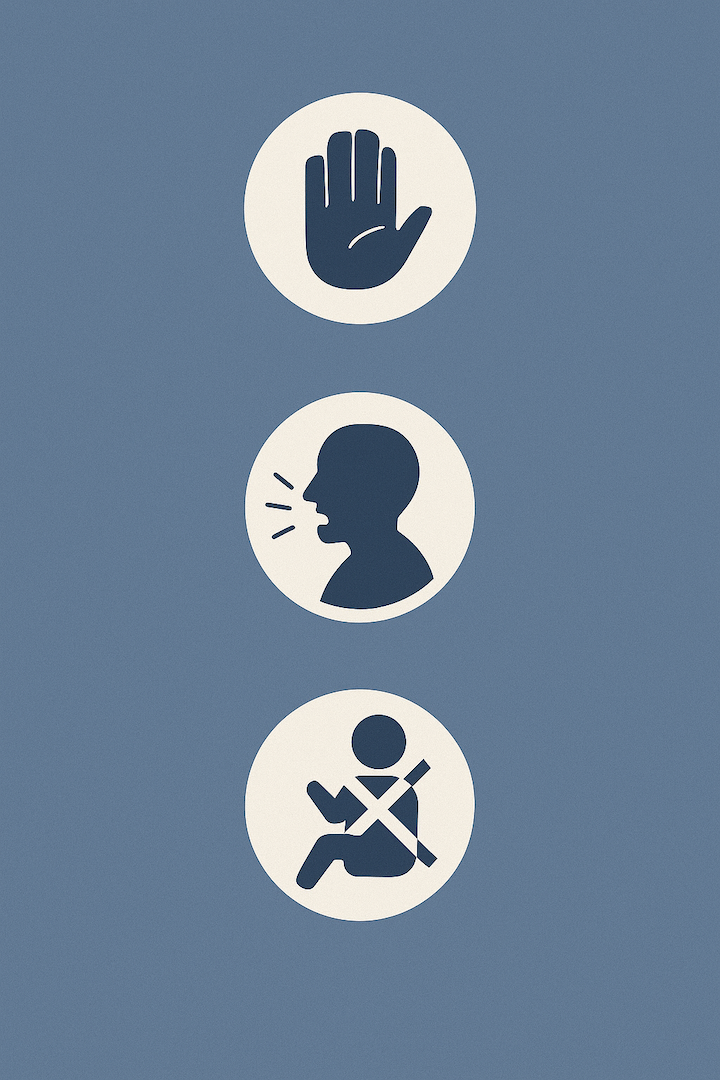When you’re riding as a passenger, it’s natural to assume you’re not responsible if a crash happens. After all, you weren’t the one driving. But under Florida law, there are rare situations where a passenger’s behavior can impact the outcome of a legal claim, especially under the state’s updated negligence rules.
If you’re wondering, “can a passenger be at fault in a car accident in Florida?”, the answer is usually no, but not always. Understanding how fault works and what to do if you’re being unfairly blamed can make a major difference in how much compensation you receive after an accident.
When Passengers Are Typically Not at Fault
In the vast majority of cases, passengers are considered innocent third parties in a car crash. They’re not operating a vehicle or making traffic decisions, so they’re not liable for causing the accident. If the driver of your car, another driver, or a third party was negligent, you’re generally entitled to file a claim through:
- The at-fault driver’s insurance
- Your own Personal Injury Protection (PIP) coverage
- Uninsured/underinsured motorist coverage, depending on the case
But like most legal questions, there are exceptions, and they can affect your rights.
When a Passenger Can Be Considered Partially at Fault
Florida follows a modified comparative negligence system, which means that fault can be shared between multiple parties. If you, as a passenger, contributed to the crash or worsened your injuries in some way, your compensation could be reduced, or barred completely if you’re found more than 50% at fault.
Here are some of the most common scenarios where passenger liability can come into play:
1. Interfering With the Driver
If a passenger grabs the steering wheel, pulls the emergency brake, or otherwise interferes with the driver’s control of the vehicle, they may be considered partially responsible for the accident.
Even seemingly minor actions, like blocking the driver’s view or covering their eyes as a joke, could be cited as contributing causes if a crash follows.
2. Distracting the Driver
Engaging in loud arguments, using a bright phone light at night, or physically distracting the driver may also be considered contributing factors. In some cases, a passenger’s reckless behavior could be enough to shift some of the blame.
The more severe the distraction, the more likely it is to become part of the legal conversation.
3. Entering a Car With a Known Impaired Driver
If a passenger knowingly rides with someone who is drunk or under the influence of drugs, they may face reduced compensation. While this doesn’t mean they caused the accident, it may be argued that they assumed some risk by getting in the car.
That said, these cases are highly fact-specific and often depend on what the passenger knew, and when.
4. Not Wearing a Seatbelt
Florida law requires most passengers to wear seatbelts. If you weren’t wearing one and suffered injuries that might have been prevented by buckling up, your damages could be reduced under the seatbelt defense.
This doesn’t shift fault for the accident itself, but it may affect how much compensation you’re eligible to receive.
What Happens if a Passenger Is Found Partially at Fault?
Under Florida’s updated comparative negligence rule (as of March 2023), you cannot recover damages if you’re found more than 50% responsible for the incident. If you’re less than 50% at fault, your compensation will be reduced in proportion to your share of responsibility.
Example:
- A passenger is awarded $100,000 in damages.
- The court finds them 20% at fault for distracting the driver.
- They can recover $80,000 instead of the full amount.
Insurers may try to use this rule to minimize payouts, even when the blame is questionable. That’s why it’s critical to have experienced legal support if your role in the crash is being questioned.
What Passengers Should Do After an Accident
Even if you think the facts are simple, here’s what every passenger should do after a Florida car accident:
- Seek medical attention immediately, even for minor pain.
- Take photos of the scene, including vehicle positions, license plates, and any traffic signals.
- Get the names and insurance info of all drivers involved.
- Avoid giving statements to insurance adjusters until you’ve spoken with an attorney.
- Don’t post about the accident on social media, especially if fault is being debated.
How a Florida Injury Lawyer Can Help
If you’re being blamed for a crash as a passenger, or even if you’re unsure what your role means for your case, a Boca Raton car accident attorney can help. At Silver Injury Law, we:
- Conduct detailed investigations to establish who was truly at fault
- Challenge unfair insurance tactics or assumptions
- Work with medical experts to show how your injuries happened
- Maximize your compensation, even when fault is disputed
We’ve seen firsthand how passengers can be caught in the middle of legal and insurance disputes they didn’t ask for. We’re here to make sure your rights are protected.
Injured as a Passenger? Know Your Rights
If you’re still asking, “can a passenger be at fault in a car accident in Florida?” or if you think someone’s trying to shift the blame, don’t guess your way through it. Get answers from a team that knows Florida’s laws and how to defend your claim.
Contact Silver Injury Law today for a free consultation. Let’s review your case, clear up confusion, and make sure you’re treated fairly.




